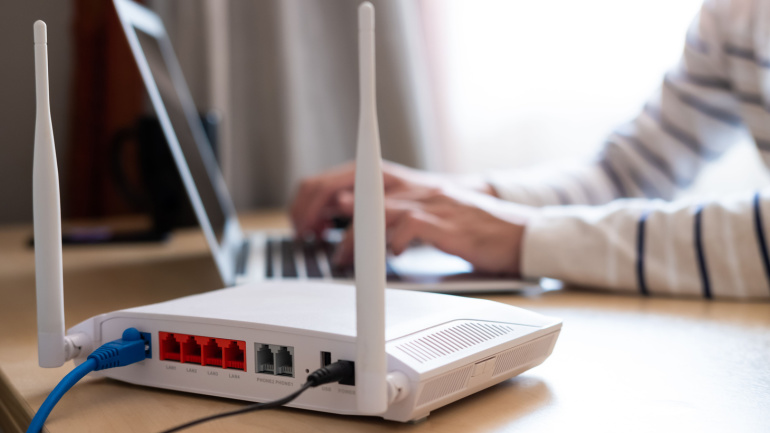Germany’s digital infrastructure is at a pivotal moment, with fibre-optic expansion declared a public priority by 2030. Yet, fibre rollout faces hurdles like fragmented efforts and jurisdictional overlaps. Key to advancement is fostering cooperation among providers and policymakers, not just technical fixes. Unlocking a collaborative approach will accelerate Germany’s digital transformation.
Leading Polish FTTH wholesalers Fiberhost, Nexera, Polski Światłowód Otwarty, and Światłowód Inwestycje are collaborating with Optare Solutions to create a standardized API, poised to transform Poland’s FTTH market. This initiative will streamline integration, bolster market competition, and expedite VoIP service provisioning, promising a more consumer-centric approach with faster issue resolution.
CommScope and Emtelle have teamed up to optimize FTTH deployments in North America, integrating CommScope’s Prodigy connectivity and Emtelle’s blowable fiber optic micro-cable. This collaboration promises enhanced network installations with improved cost efficiency and high-quality network performance.
Zegona Communications and MasOrange have launched FibreCo, a groundbreaking venture poised to revolutionize Spain’s fibre infrastructure by potentially covering 12.2 million premises. This collaboration integrates their FTTH networks, aiming to establish the largest FTTH network in Europe.
In a significant development for digital infrastructure, the United Kingdom has emerged as a leader in the expansion of full fibre networks across Europe. Recent statistics have highlighted the country’s swift advancement in deploying fibre to homes, surpassing all European counterparts in the annual growth rate. Over the past year until September 2023, the UK has extended its fibre network to an additional 4.7 million households.
Altice Group strategically eyes shedding its 50.1% sharing in XpFibre, triggering a ripple of interest from major players like KKR & Co., Macquarie Group, and others. While KKR & Co, Macquarie Group, and CDPQ are all reported to be keen on acquiring the stake, no financial bids have surfaced to date. Meanwhile, Altice Group’s decision to divest isn’t surprising, given its $60 billion debt, and recent considerations to sell other assets.
Etisalat by e& is setting industry standards with the introduction of groundbreaking 5G fibre-to-the-home (FTTH) plans, offering astounding speeds of 5Gbps and 10Gbps. While the pricing situates them firmly at the high-end spectrum, they represent a commitment to enhancing customer connectivity. Leveraging XGS fibre network technology, this pioneering move fortifies the UAE’s ambition to reign as a global telecom leader.
A recent report by the Fiber Broadband Association (FBA) reveals that fiber internet has now reached over half of U.S. households, surpassing 51.5% of primary homes. The survey, conducted by RVA LLC Market Research and Consulting on behalf of FBA, highlights 2023 as a record-setting year for annual fiber-to-the-home growth, with network operators connecting an unprecedented nine million new homes.
Ingbert Liebing, VKU Chief, calls for decisive action from BNetzA to ensure Deutsche Telekom’s transparency in its fiber expansion plans. VKU argues that Telekom’s vague plans have hampered national FTTH deployment. However, Deutsche Telekom views this as fair competition. With over 300 complaints about overbuilding, Juergen Grützner, VATM MD believes clearer regulation is urgent to meet expansion goals.
Ciena’s novel approach towards rising above intense market competition involves enhancing its residential fiber-to-the-home (FTTH) solutions. Their business strategy comprises strategic mergers and acquisitions, integration of unique features post acquisitions, and providing comprehensive end-to-end resolutions. Ciena’s ‘one box’ solution is highlighted for its potency on typically challenging scenarios, like rural areas, by offering reduced costs and increased flexibility. Changes are also seen from market players like VEON and Telefonica, amidst this evolving industry.













